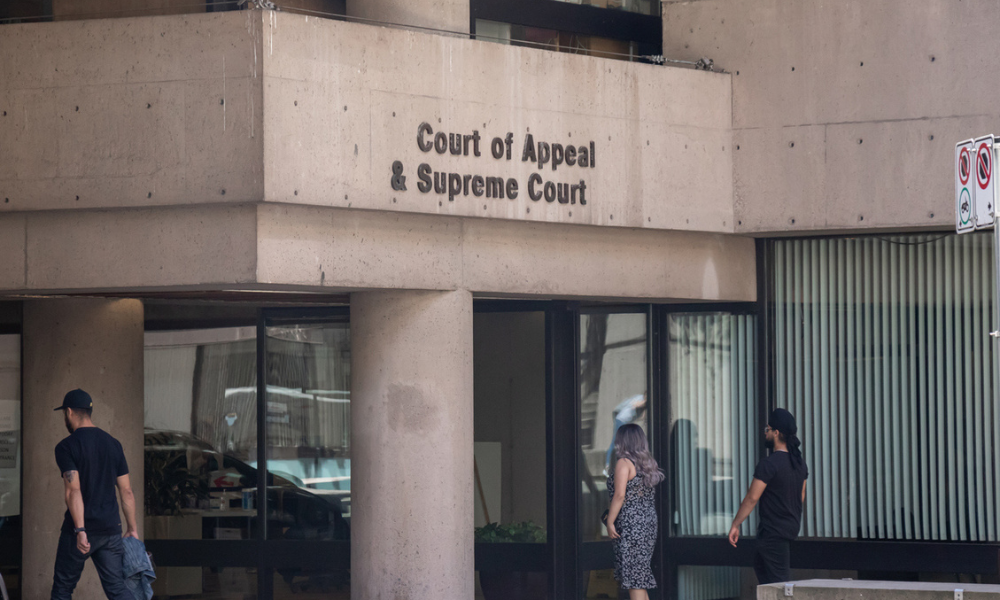
The case revolves around the use of personal information by FPPs

The Supreme Court of British Columbia has upheld the applicability of the province’s Personal Information Protection Act (PIPA) to the collection, use, and disclosure of personal information by federal political parties (FPPs) registered under the Canada Elections Act (CEA).
Major federal political parties challenged this decision, which stemmed from an order issued by the Office of the Information and Privacy Commissioner for British Columbia (OIPC).
The case revolves around the collection and use of personal information by FPPs, which has become increasingly sophisticated with technological advancements. Concerns about misuse and erosion of trust in the political system prompted this legal scrutiny. The federal government has not enacted specific privacy regulations for FPPs, leaving a legislative gap filled by BC's PIPA.
PIPA, enacted in 2004, governs how organizations in BC handle personal information, balancing individual privacy rights with organizational needs. It includes provisions for access to personal information, requirements for consent, and mandates for transparency in data handling practices. The CEA, on the other hand, establishes a framework for federal elections, including minimal requirements for FPPs' privacy policies but lacks comprehensive privacy protections comparable to PIPA.
The BC Supreme Court's analysis involved several key issues, including provincial law's constitutional applicability to FPPs and cooperative federalism principles. The petitioners, including the Liberal Party of Canada, the New Democratic Party of Canada, and the Conservative Party of Canada, argued that PIPA should not apply to them and that the OIPC lacked jurisdiction. They contended that the CEA's minimal privacy policy requirements were intended by parliament as the exclusive regime governing FPPs.
The court, however, disagreed. It determined that PIPA's application did not create an operational conflict with the CEA and did not frustrate any clear federal purpose. The court emphasized that compliance with both PIPA and the CEA was possible, noting that PIPA's transparency and accountability requirements did not impair the federal election process but complemented the minimal requirements of the CEA.
The court's ruling underscored the importance of provincial privacy legislation in protecting individuals' personal information, even when collected by federal entities. It highlighted that federal political parties operating in BC must comply with PIPA, ensuring greater transparency and accountability in handling voters' personal information.
The ruling comes in the context of recent legislative amendments. In June 2023, the parliament introduced amendments to the CEA through Bill C-47, adding section 385.2, which purports to establish a national, uniform regime for FPPs' handling of personal information. However, these amendments were determined to be prospective and not retroactive, meaning they do not affect the current applicability of PIPA to FPPs.